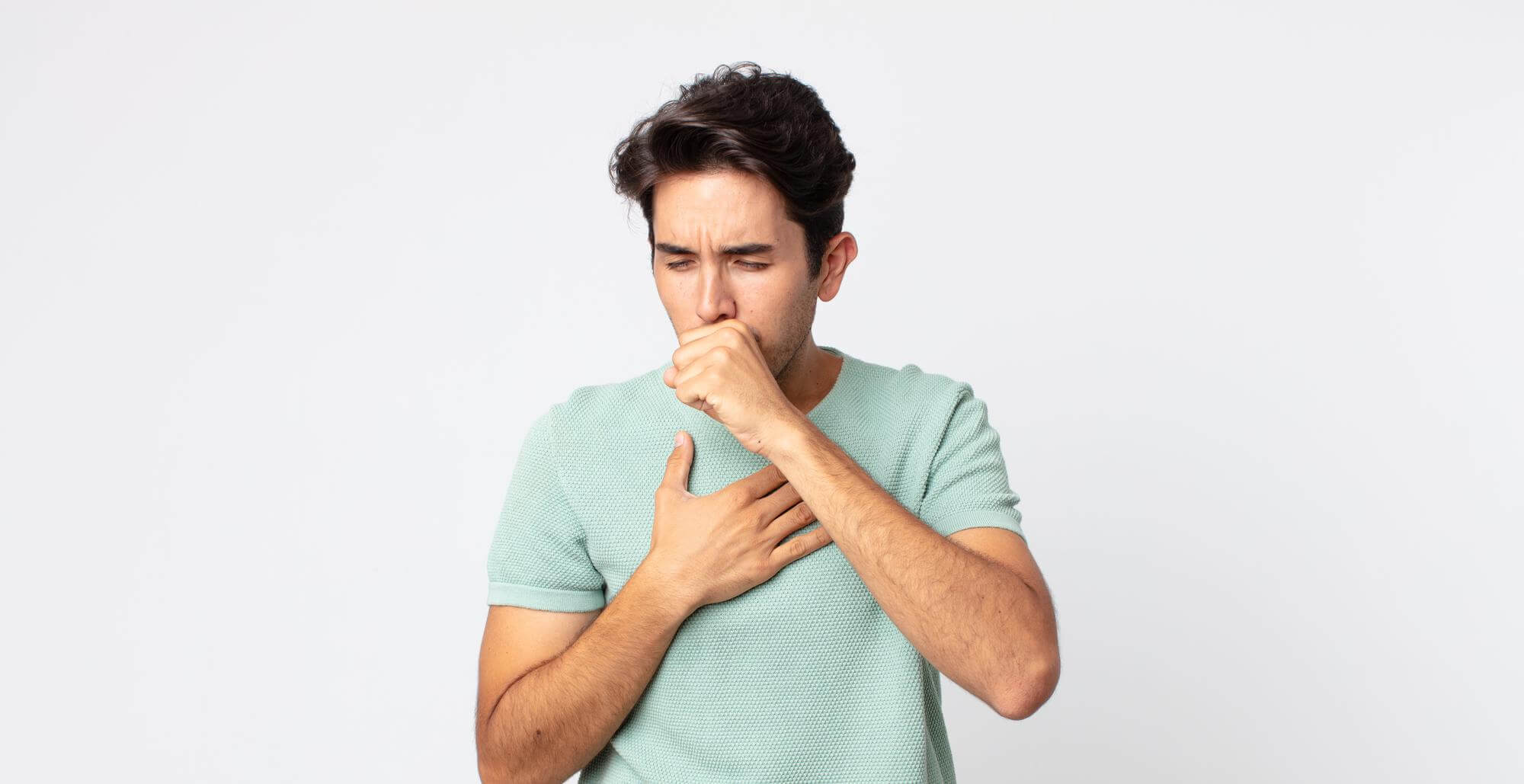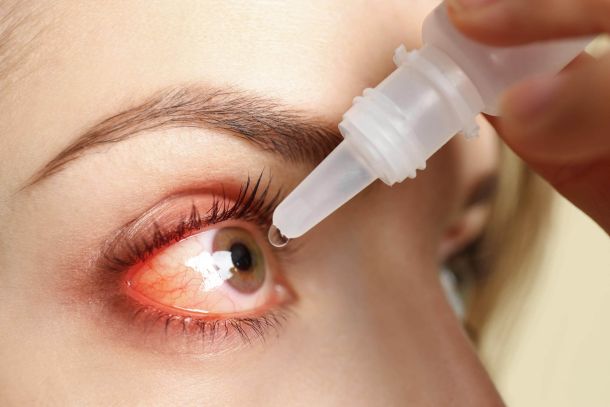How to avoid allergic bronchitis attacks


Eva Zakharova
What is allergic bronchitis?
Allergic bronchitis is an inflammatory disease of the airways caused by an allergic reaction to certain irritants. Unlike infectious bronchitis, allergic bronchitis is not the result of a viral or bacterial infection and can occur in both adults and children.
Causes of allergic bronchitis
Allergic bronchitis results from the body's hypersensitivity to certain allergens. Among the most common allergens that cause allergic bronchitis are plant pollen, house dust, mold, pet hair, and certain foods and medications. In addition, hereditary predisposition and unfavorable environmental conditions can contribute to the development of the disease.
Symptoms of allergic bronchitis

Allergic bronchitis symptoms manifest themselves quite brightly. They include:
- Cough (dry or with a small amount of sputum);
- Difficult breathing, shortness of breath;
- Wheezing, wheezing in the chest;
- Rapid breathing and palpitations;
- Weakness, fatigue, loss of capacity for work.
Differences between allergic and infectious bronchitis
The main difference between allergic and infectious bronchitis lies in their causes. Infectious bronchitis is caused by viruses or bacteria, while allergic bronchitis is the result of an allergic reaction. The symptoms of both types of bronchitis may be similar, but allergic bronchitis is usually characterized by the absence of fever and the presence of allergic manifestations such as itching, skin rashes or runny nose.
Diagnosis of allergic bronchitis

In order to properly diagnose allergic bronchitis, a comprehensive examination is necessary.
During the physical examination, the allergist pays attention to the presence of characteristic symptoms, and also examines the patient's medical history - the presence of allergies in the family, factors contributing to the disease, and previous illnesses.
Investigations and tests
Among the instrumental examinations and tests necessary for the diagnosis of allergic bronchitis are:
- General blood test (increased levels of eosinophils and total immunoglobulin E may indicate an allergic reaction);
- Chest radiography (ruling out other diseases of the respiratory system);
- Allergologic tests (determination of specific allergens);
- Functional tests with bronchodilators (assessment of respiratory function).
Treatment of allergic bronchitis

Treatment of allergic bronchitis includes a set of measures aimed at eliminating symptoms and preventing exacerbations.
The basis of prevention and treatment of allergic bronchitis is to avoid contact with allergens.
Drug therapy
Drug therapy for allergic bronchitis includes the use of various groups of drugs that will help manage the symptoms and improve the patient's condition.
Antihistamines, such as Cetirizine, Loratadine, or Fexofenadine, help relieve allergy symptoms and reduce inflammation in the bronchi.
Bronchodilators such as Salbutamol or Theophylline dilate the bronchi and make breathing easier, and mucolytics such as Ambroxol or Bromhexin help thin and expectorate sputum.
In cases of severe allergic bronchitis or chronic bronchitis, corticosteroids such as Prednisolone or Budesonide may be prescribed, which have a strong anti-inflammatory effect.
Physical therapy and adjuvant methods

Ancillary therapies also play an important role in controlling allergic bronchitis.
Inhalations with mucolytic, anti-inflammatory and bronchodilators can help improve airway health and speed recovery. Chest warmers can also provide relief for painful coughs.
Massage and therapeutic exercises can help strengthen respiratory muscles and improve lung function and help expectorate sputum.
Spa treatment can be useful for patients with allergic bronchitis, as rehabilitation procedures and favorable climatic conditions help to improve the general condition of the body and reduce the frequency of exacerbations of the disease.
Allergic bronchitis is a serious disease, the symptoms and treatment of which in adults and children may differ significantly. It is important to contact an allergist in a timely manner to diagnose and prescribe the correct treatment. A comprehensive approach, including medication, physical therapy and preventive measures, will help to cope with the symptoms of allergic bronchitis and prevent its chronic course.
Related Materials
- Allergic laryngitis: how to recognize it and what to do?
- Allergic pharyngitis: symptoms, diagnosis and treatment methods
- Pollinosis: how to choose a treatment and get rid of flower allergies
- How to distinguish between sweats and allergies: symptoms and treatment
- Allergic vulvitis: what is it and how to treat it?
New materials
Popular Articles
We recommend reading
Contact us in the Contact Us section to ask questions, offer ideas, or for more information about our allergy resource.
Our articles are your trusted source of allergy knowledge. Learn how to make life with allergic reactions easier on our specialized portal.
©
Lechenie-Allergii.com. All rights reserved.
© Lechenie-Allergii.com. All rights reserved.
The information on this site is for informational purposes only and is not a substitute for professional medical advice. We recommend consulting with qualified medical professionals for accurate information and advice.
 English
English  Українська
Українська  Русский
Русский 









